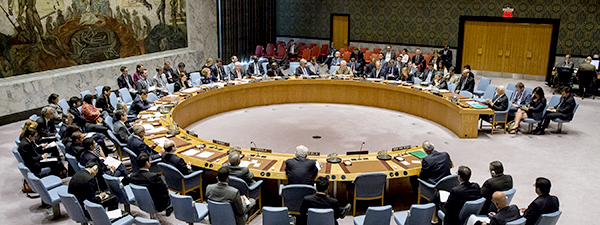
In May 2016, the United Nations Security Council passed Resolution 2286, its first-ever resolution addressing attacks on health services in armed conflict. Resolution 2286 has potentially far-reaching implications: the Council not only condemns attacks and demands compliance with international humanitarian law in armed conflict, but also urges member states and the UN Secretary-General to take proactive steps toward preventing attacks and holding perpetrators accountable.
Yet now—more than four years since the Security Council adopted the resolution—attacks on hospitals, medical facilities, and health workers continue with impunity. These attacks, and the frequency of them, show the unfulfilled promise of Resolution 2286—in Syria, Afghanistan, and many other countries in conflict around the world where violence on health facilities and personnel bring death and injury.
The Safeguarding Health in Conflict Coalition’s new report, Health Workers at Risk: Violence Against Health documents more than 1,200 incidents of violence in 20 countries in conflict in 2020. As set out in the recommendations of the report, the Coalition calls on the UN Security Council and member states to take concrete steps to implement the resolution and prevent these attacks and end impunity, including:
- Member states should
- Reform their laws to ensure that health workers are never punished for providing health care to someone in need, no matter the identify or affiliation of the person
- Develop military doctrine and training to ensure that health care is respected in all circumstances;
- Decline to sell arms to states and other entities that inflict violence on health workers, facilities, transports and patients;
- Strengthen their procedures for investigating alleged violations of obligations to protect and respect health care in conflict and holding perpetrators accountable;
- Use diplomatic and other means to put pressure on states and other entities that inflict violence health workers, facilities, transports and patients;
- Regularly report to the Secretary General on actions taken to prevent attacks, investigate those that occur, and hold perpetrators accountable.
- The Security Council should
- In cases where a state fails to conduct a credible investigation of alleged violations, authorize thorough, independent investigations of alleged violations and make referrals to the International Criminal Court or other international tribunals as warranted;
- Request that the Secretary-General prepare a report on member state adherence to the requirements of resolution 2286 and makes recommendation on necessary action.

